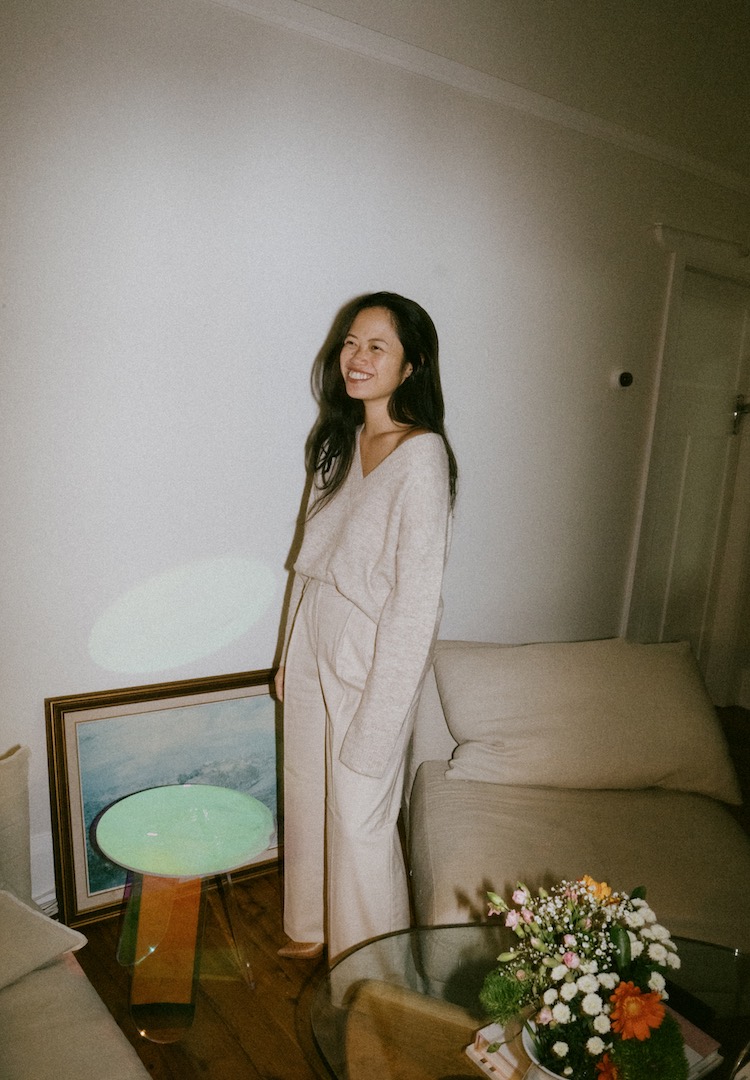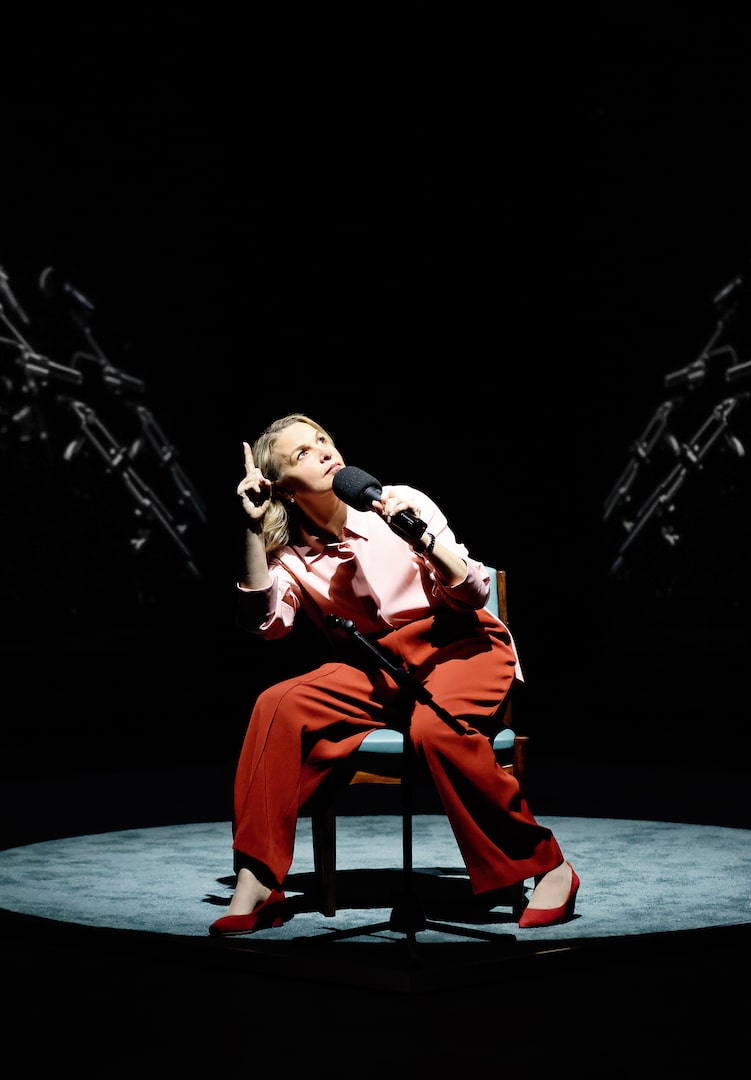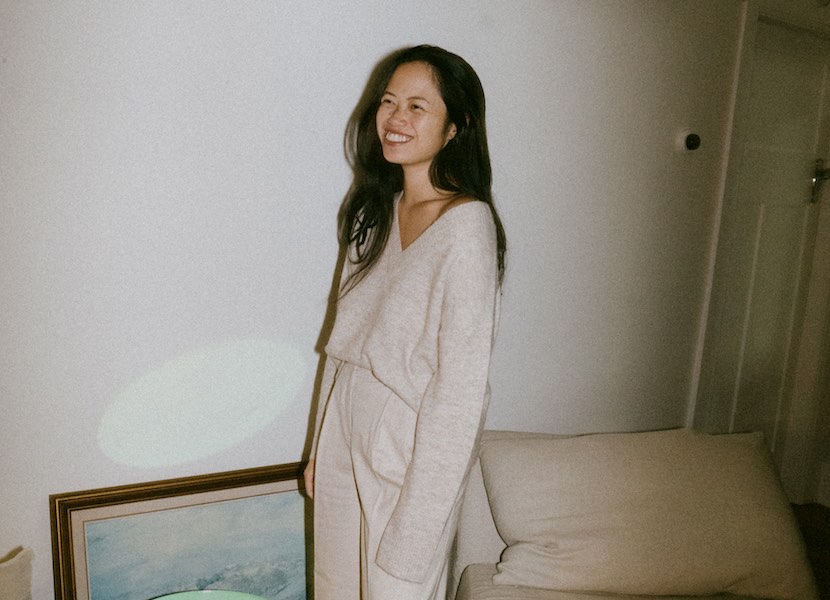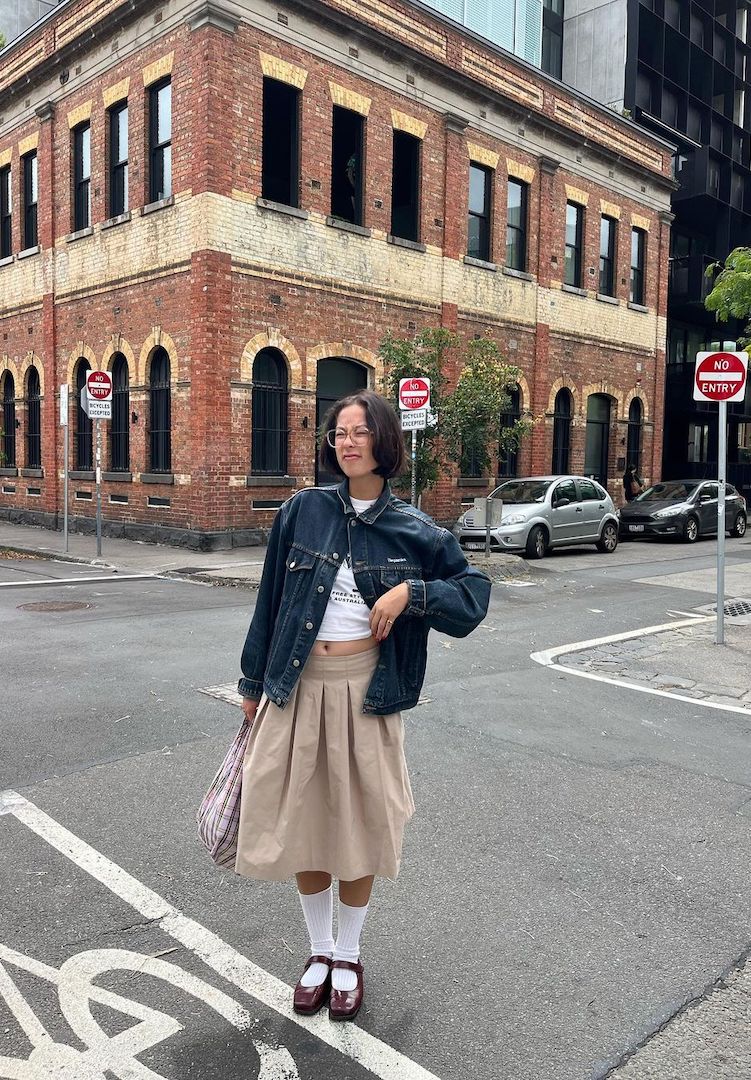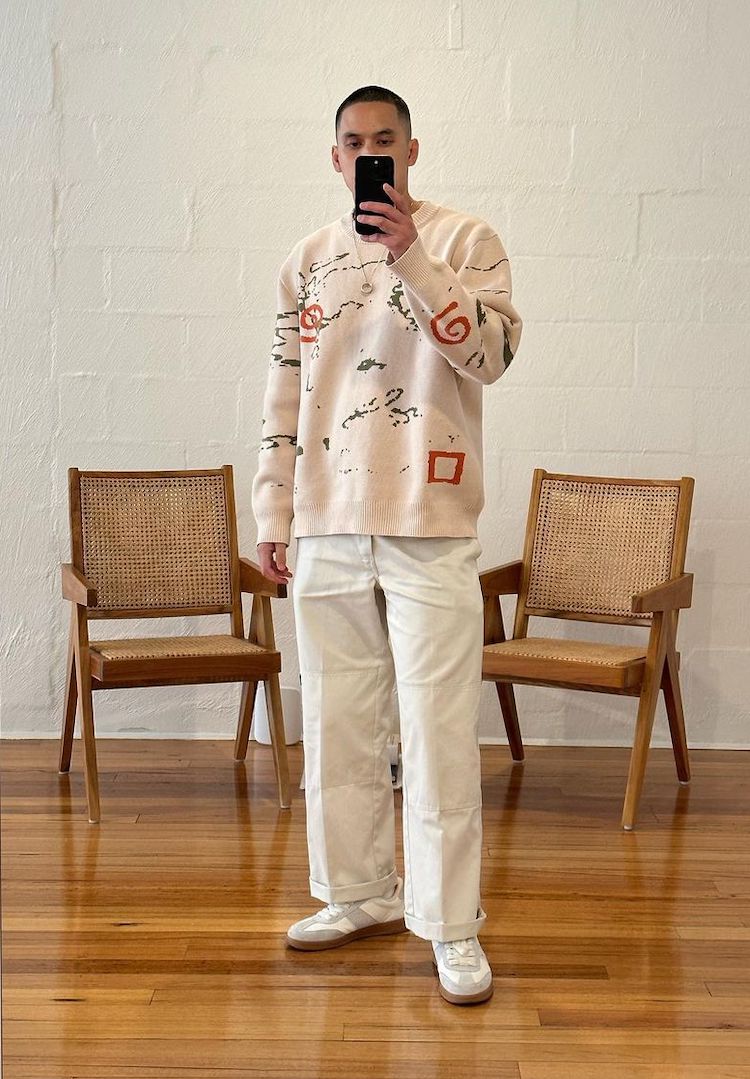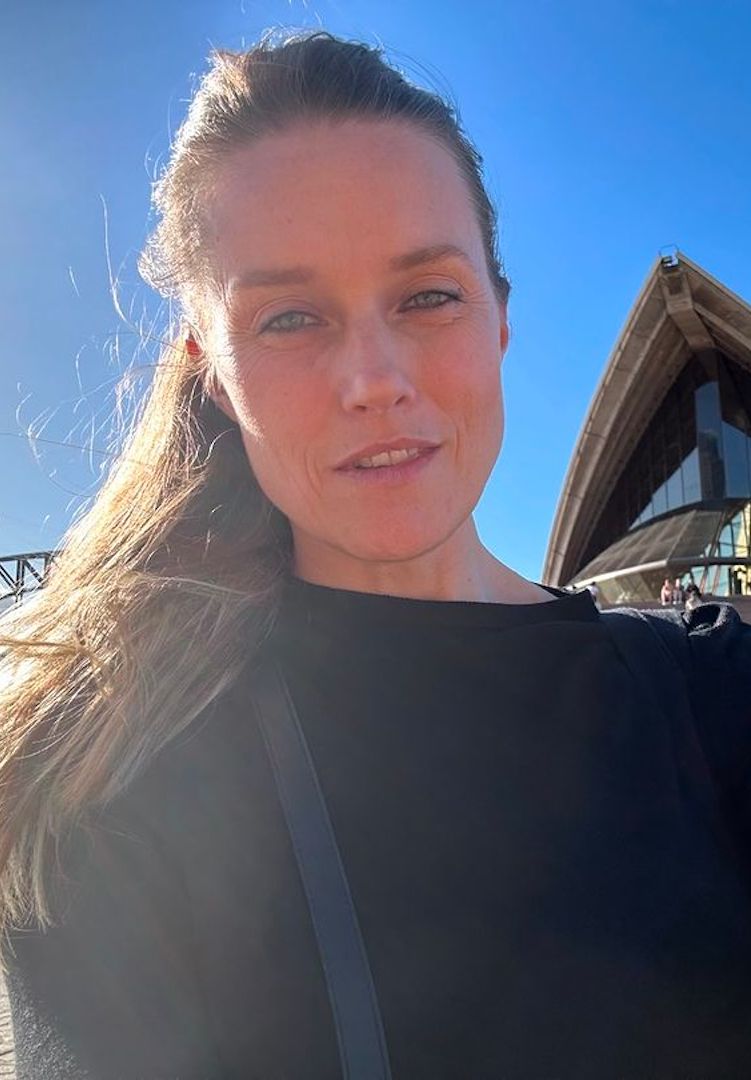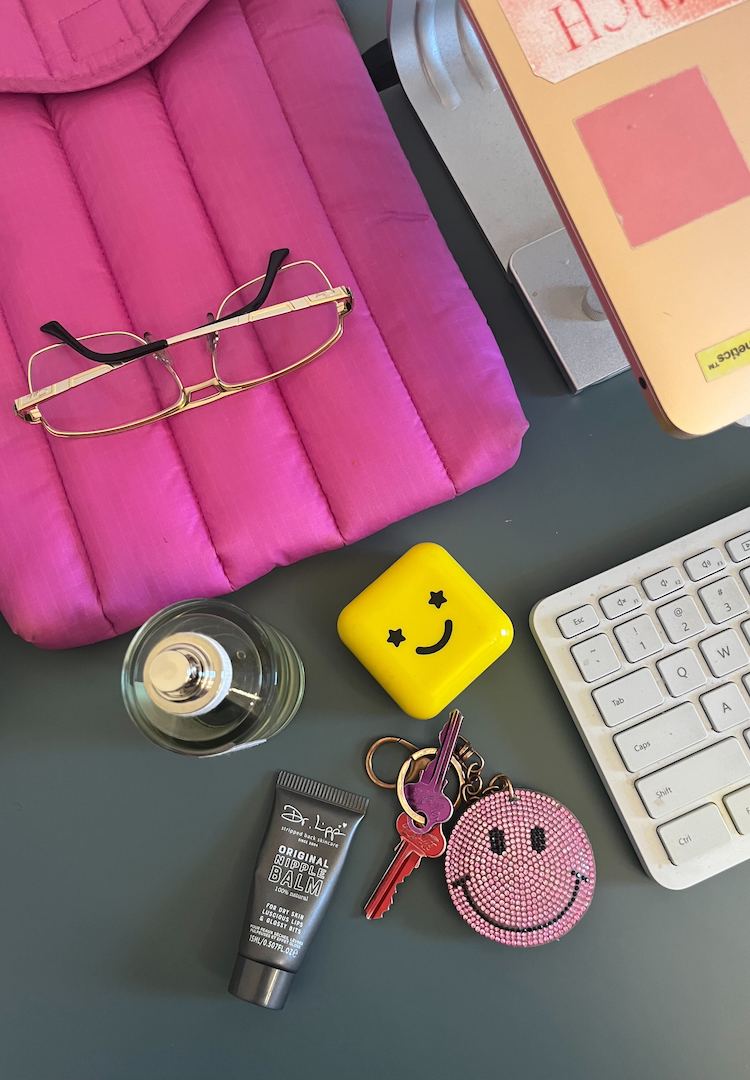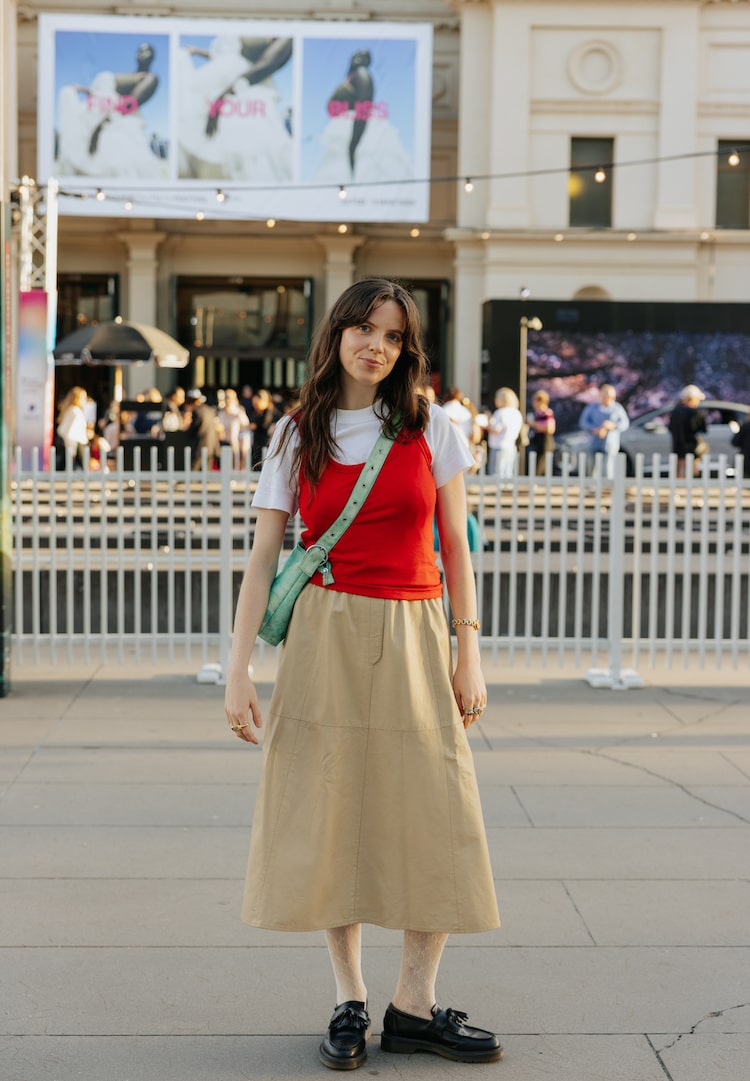How I Got Here: The Concierge Agency’s Managing Director on embracing redirection
WORDS BY CAIT EMMA BURKE
“What my resume doesn’t reveal is that almost every career milestone was preceded by an external force mediating a change.”
Have you ever stalked someone on LinkedIn and wondered how on earth they managed to land that wildly impressive job? While the internet and social media might have us believe that our ideal job is a mere pipe dream, the individuals who have these jobs were, believe it or not, in the same position once, fantasising over someone else’s seemingly unattainable job.
But behind the awe-inspiring titles and the fancy work events lies a heck of a lot of hard work. So what lessons have been learnt and what skills have proved invaluable in getting them from daydreaming about success to actually being at the top of their industry?
Looking for a new 9 to 5? Head to our Careers page for new listings daily.
Welcome to How I Got Here, where we talk to women who are killing it in their respective fields about how they landed their awe-inspiring jobs, exploring the peaks and pits, the failures and the wins, and most importantly the knowledge, advice and practical tips they’ve gleaned along the way.
This week, we speak with Mariela Summerhays, the Managing Director of Sydney’s The Concierge Agency. After starting her family in her early twenties, Mariela began her career in her mid-twenties with an internship for a local lifestyle publication. What followed was an array of jobs in media, from commercial news and youth publishing to luxury publishing as the Head of Digital Content and Growth at Harper’s Bazaar.
Her career has included many moments of redirection, including her most recent move into publicity. Juggling a growing family with a thriving career has provided plenty of challenges and below she shares what she’s learnt along the way.
What do you do and what’s your official job title?
My official job title is Managing Director at The Concierge Agency, a boutique communications, creative production and artist management agency. I’m responsible for management of the agency’s resources, establishing the strategic goals and working towards growth and increasing profitability. Day-to-day this can look like pitching to prospective clients and talent, strategy development with the agency’s director, reaching out to media on behalf of our client portfolio, client management and much more.
Take us back to when you were first starting out. Did you study to get into your chosen field, or did you start out with an internship/entry-level role and climb the ladder? Tell us the story.
I started my career relatively late, having started my family straight out of university and spending years as a stay-at-home parent. I’d studied behavioural science, not knowing exactly what it was I wanted to do, but knowing that I love the pursuit of understanding people deeply (very Pisces-coded).
In my mid-twenties, I saw a social post by a local lifestyle publication seeking interns. Journalism as a career had never occurred to me before – I thought it was only an option for other people, people smarter or better connected than me – but being that all that was required was a writing sample, and I’d always loved creative writing, I figured I’d see if anything came of the opportunity.
View this post on Instagram
It’s still a point of pride for me that my career started with a couple of paragraphs of creative writing. Poignantly now, it was a recount of a swim in Phuket waters, six months pregnant and alongside a party boat, serving as an analogy about feeling as if I was on a different timeline from my peers, but us all making it to the same destination.
Since that internship – from which I was only one of two hired out of a dozen interns – it has truly been less a climb of a ladder, than a crawl around a jungle gym. I’ve been an editor in youth publishing at BuzzFeed; in commercial news at News.com.au; and in luxury publishing, as Head of Digital Content and Growth at Harper’s Bazaar.
What my resume doesn’t reveal is that almost every career milestone was preceded by an external force mediating a change. Whether it be a contract not being renewed due to a pandemic, or two redundancies in a row, I’ve learned to be guided by opportunity and trust that the previous experience has equipped me for whatever comes next. In the case of my current role, the opportunity came from the most unlikely of places for an introverted journalist with a soft leadership style – definitely did not see the publicist plot twist coming!
What challenges/hurdles have you faced getting to where you are now? Can you tell us about one in particular?
The one that is perhaps most meaningful for me to have managed is the fact that media and communications industries – like many others – are not very inclusive of primary carers or caregivers, in my case early on, young mothers. My internship, which I am so grateful for, was unpaid. We didn’t have the means to put our then-toddler and baby in childcare on the one income, so my family drove two hours to and from my in-laws’, so they could watch the kids when I was at my internship.
It hurts my heart to think of how many caregivers, without the support but just as much willingness as myself, won’t get the same opportunities because of practices such as this. I’m fortunate to now be at a stage of my career and at a company where I feel comfortable negotiating the hours that suit my family – the pandemic has certainly helped encourage flexibility in the workplace -– but I would love to see more meaningful policies supporting caregivers being commonplace at companies in general.
What do you want people to know about your industry/your role?
I would encourage people to enter media or communications with clear ideas around what they hope to get from it, and why. It’s so easy to make decisions based on ego or the social currency you may gain from an exciting title or having your name on a masthead; never mind that the opportunity wasn’t the lifestyle or salary that would bring the most peace or creative fulfilment.
What’s the best part about your role?
View this post on Instagram
The creativity, across several disciplines! I’ve found that the roles best suited to me always have an objective of growth built into them; the only job I was ever let go from was rote work, just the same manual activity over and over again. Though easy, and despite my best efforts, I’d simply disengage. That the creativity needed for this role extends to strategy, people management, communications and more gives me a lot of joy.
What would surprise people about your role?
The archetype of a managing director, or any sort of leader in business, is changing. Not in every company, for sure but I want people who may be introverted and soft-hearted like myself, who never envisioned themselves in positions of influence, to know that there is space for us. It can often be a strength that complements existing personalities.
You don’t necessarily need to dominate the conversation and put out extroverted energy to be compelling or respected. I wish I’d known earlier that if that is the expectation being set, I’m not any less capable, I’m simply in the wrong place. There are companies where soft skills and empathy are valued traits in leaders.
What skills have served you well in your industry?
Empathy: People remember if you were kind and supportive of them when they couldn’t do anything for you, and I’ve been fortunate that I’ve been able to call on those same relationships when it’s been my career that has needed support. Resilience: When you’re pursuing a career in creative industries, it really can be feast or famine in terms of opportunities, so resilience is truly one of the most valuable soft skills.
View this post on Instagram
And lastly, openness: It’s only in the last few years I’ve developed this skill or trait, but the ability to release preconceived notions of what your career will look like has expanded my experiences and technical skills beyond my imagination.
What advice would you give to someone who wants to be in a role like yours one day?
I read years ago about the value of several champions over a single mentor in one’s career. A mentor is someone who has navigated their career in their own way, so can only give you advice from their perspective; champions, however, may be peers who believe in you and will pull you into opportunities when they can, who will vouch for your work. Perhaps they wield less influence in your industry independently than a mentor, but collectively, the impact is tenfold.
I don’t necessarily believe in networking as widely as possible, if only because it doesn’t suit my temperament. But I have had people believe in me, a few choice people who have opened doors when they had nothing to gain from it and I, in turn, have done the same for others.
What about a practical tip?
Don’t underestimate the value of the cold email. It won’t always deliver the desired outcome; but on occasion, the fortuitously timed, thoughtful cold email has given me a collaborator, a project, even a full-time job. You have more to gain than you do to lose, so reach out to that person or company that has just come to mind as you read this.
Read the rest of the How I Got Here series here.
Looking to step up to a career in fashion? Each week we send a wrap of industry jobs straight to your inbox. Enter your details below and we’ll keep you in the loop, or browse current openings here.


